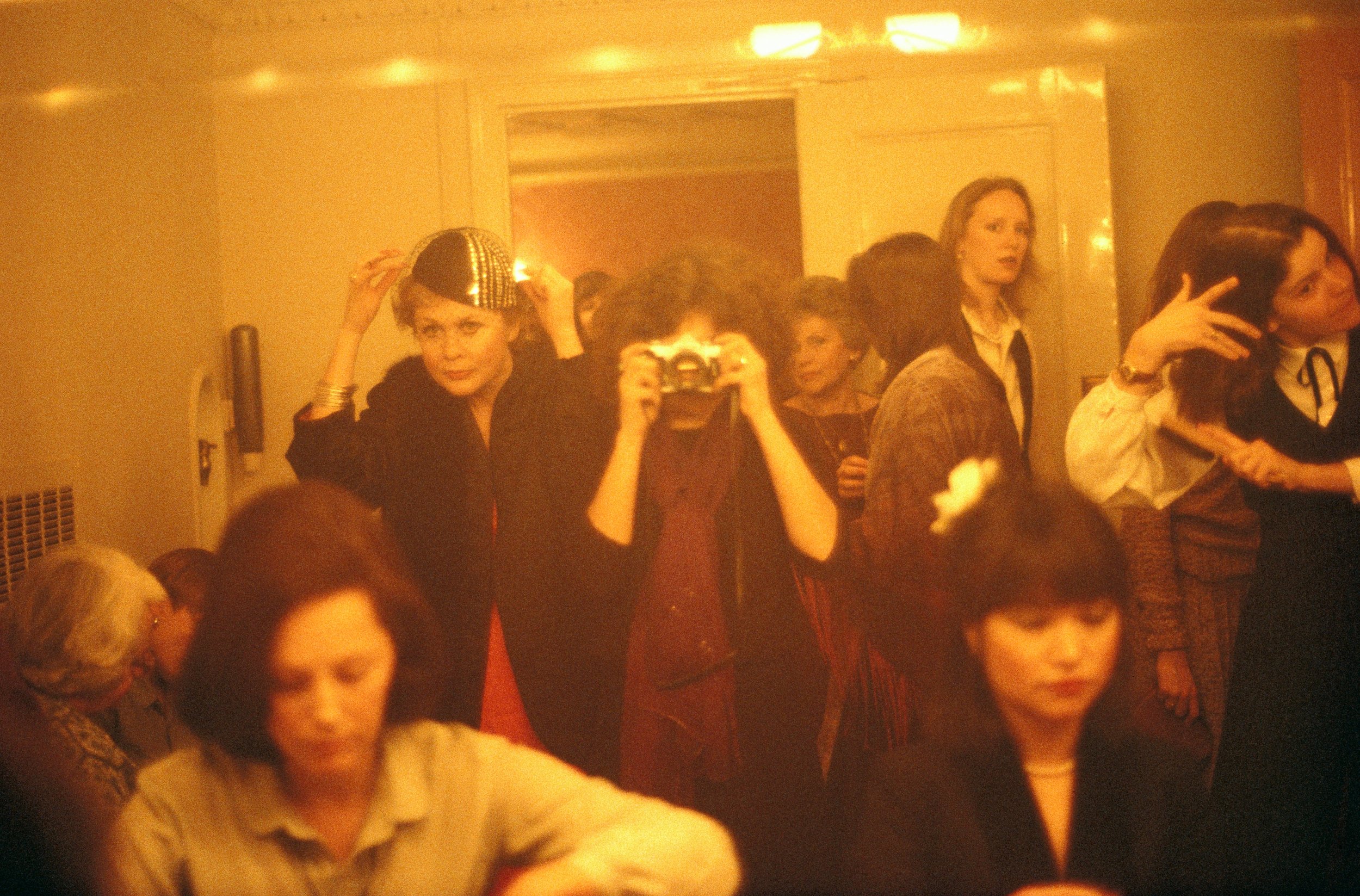
Broadway Opening, New York City 1981
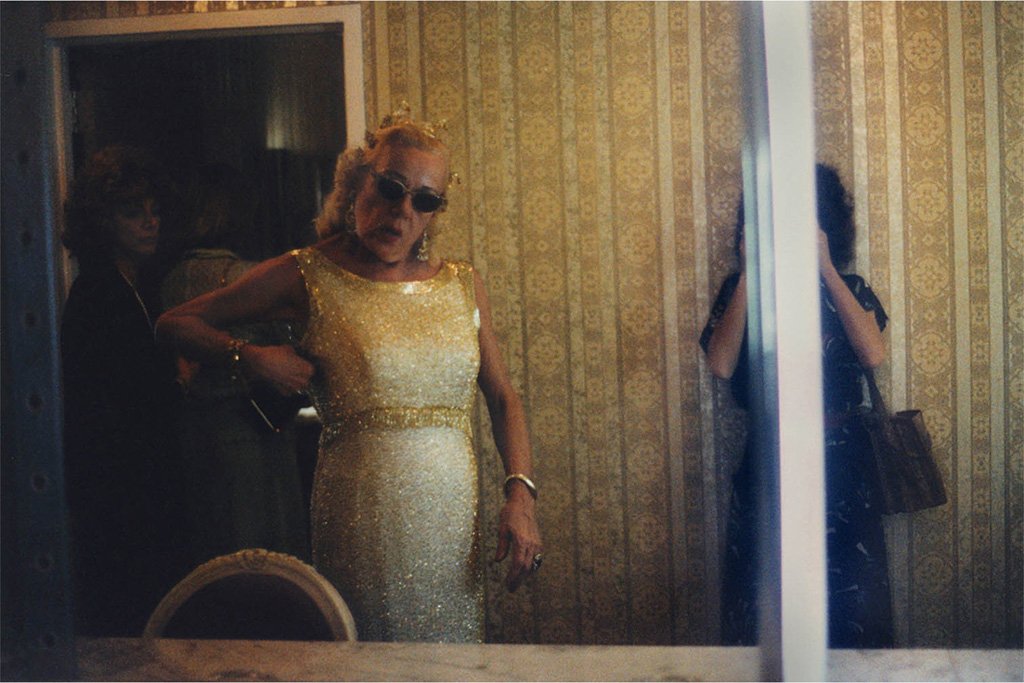
Miami Beach, FL 1978
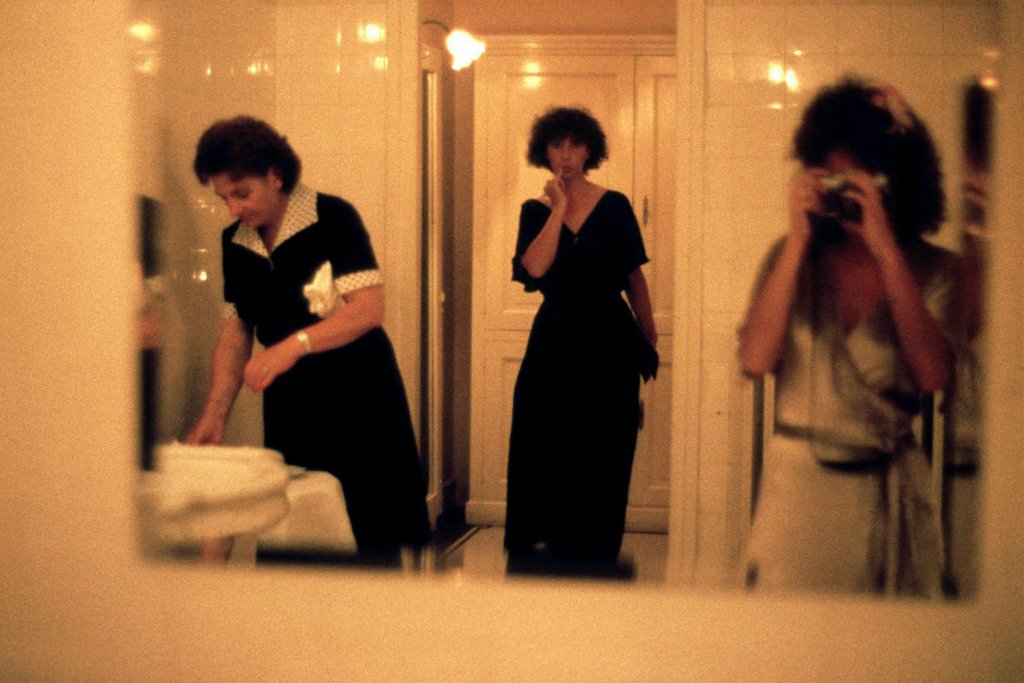
Casino, Deauville, France 1978

Odeon Restaurant, New York City 1981
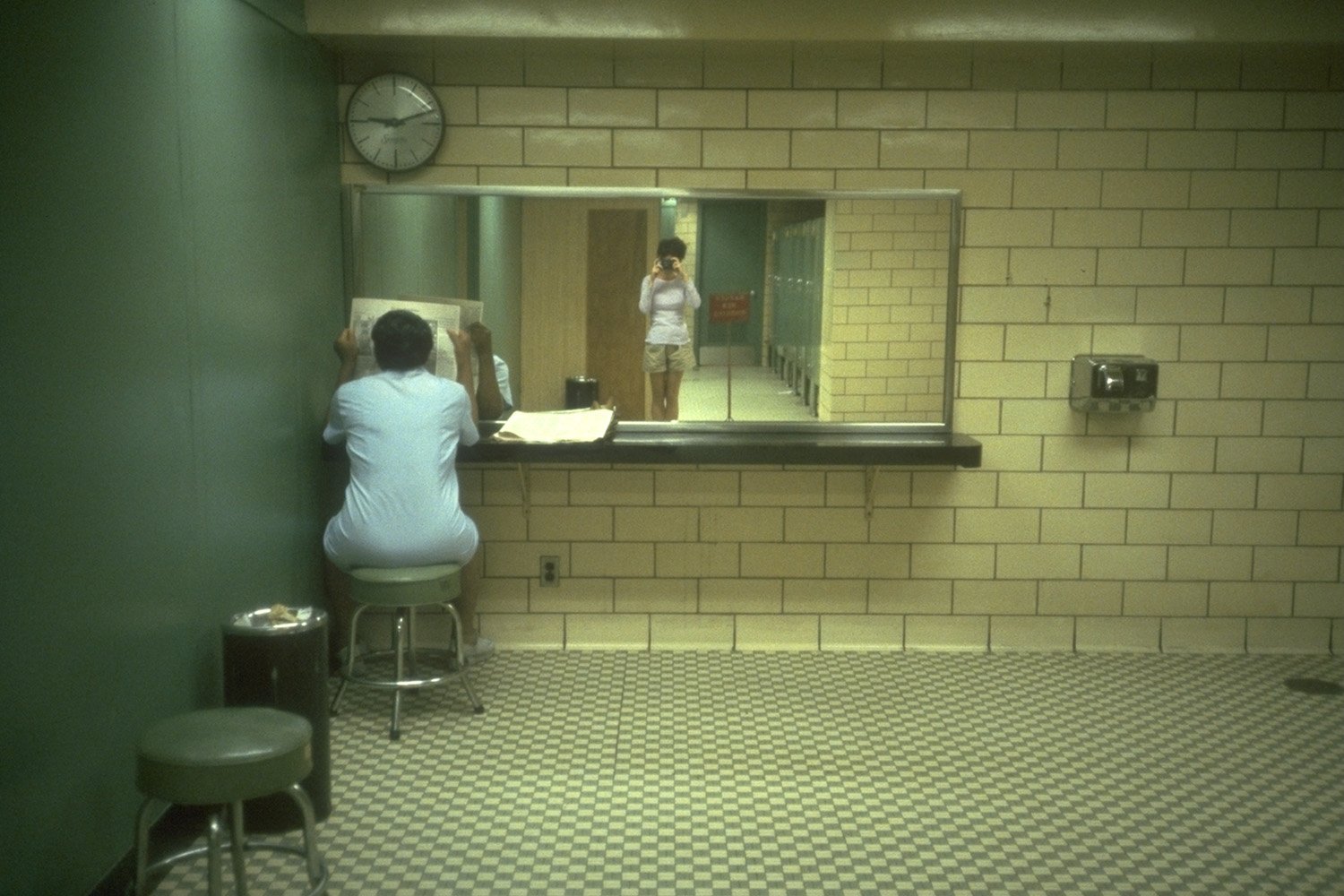
East Side Air Terminal, New York City 1981
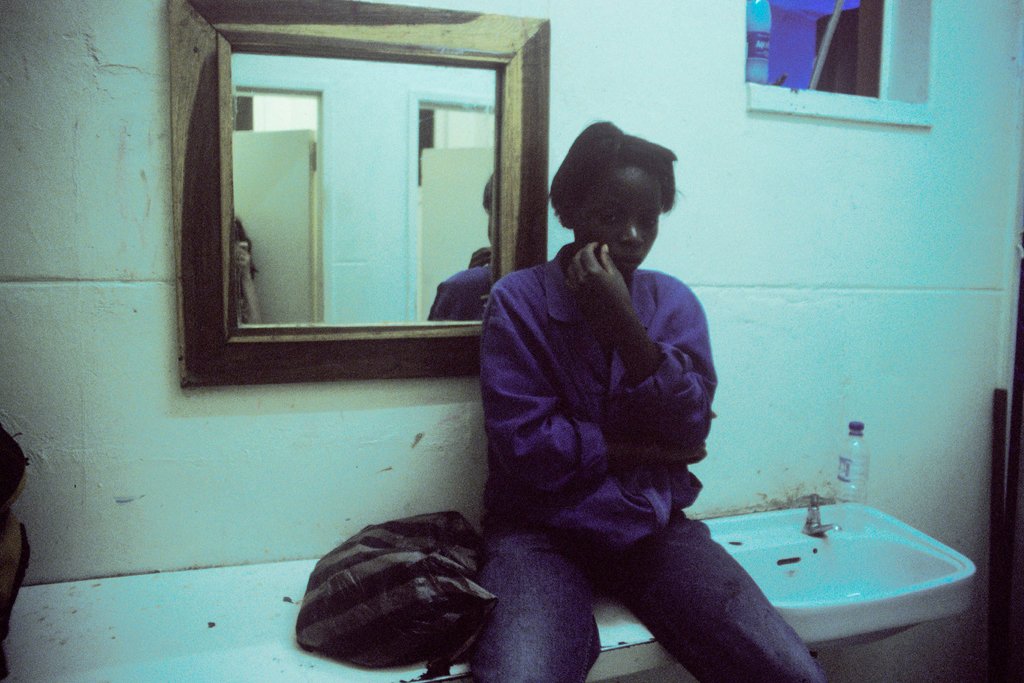
Step Right and Fairmount Hotel & Casino, Livingstone, Zambia 2003

Black & Blue Ball, New York City 2002
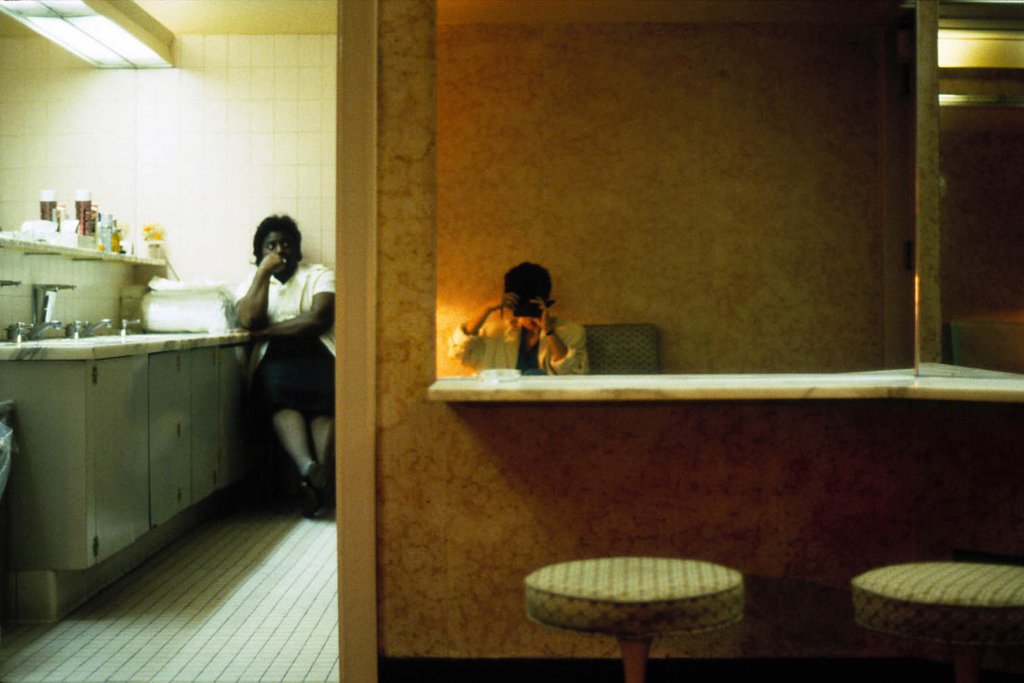
The Rainbow Room, New York City 1984
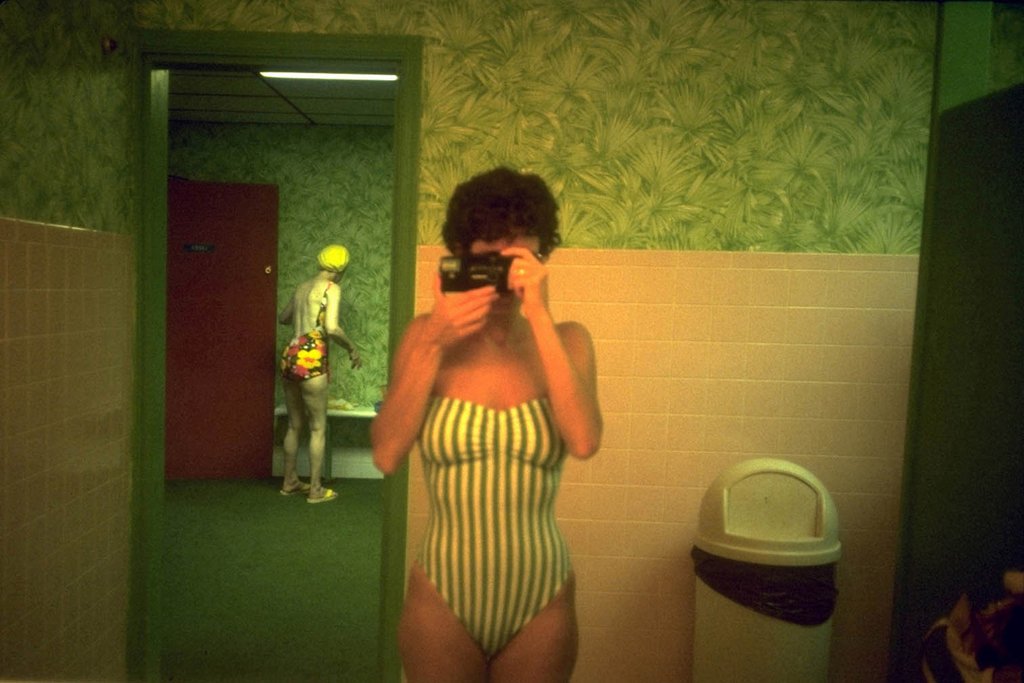
The Golden Eagle Health Spa, Cape May, NJ 1982

Area, New York City 1989

House of Blues, Hollywood 1996
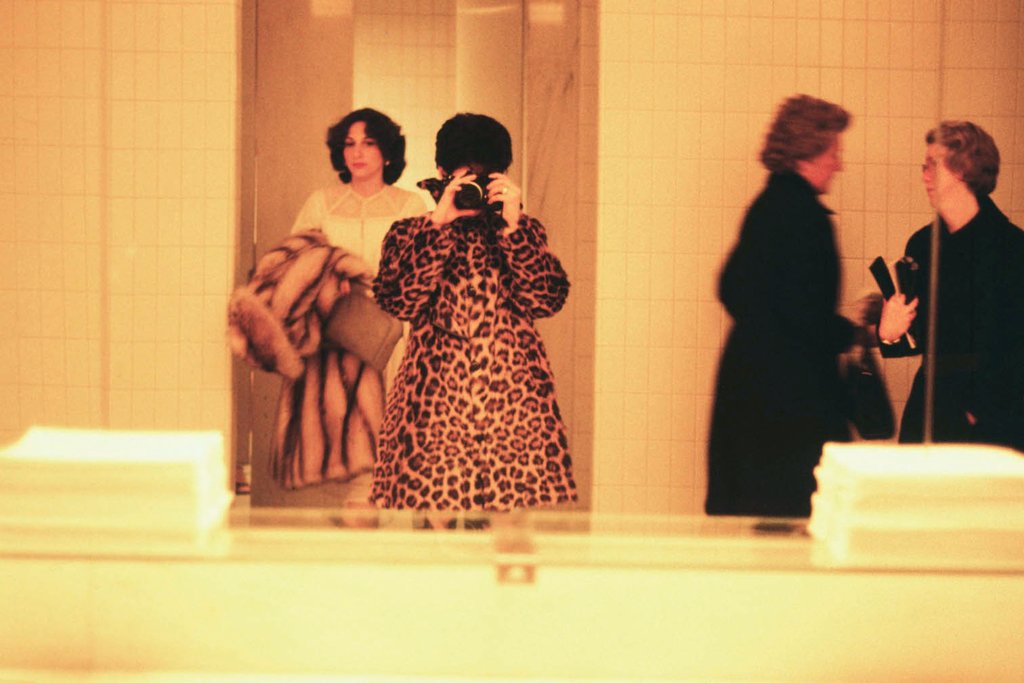
New York City Opera 1981
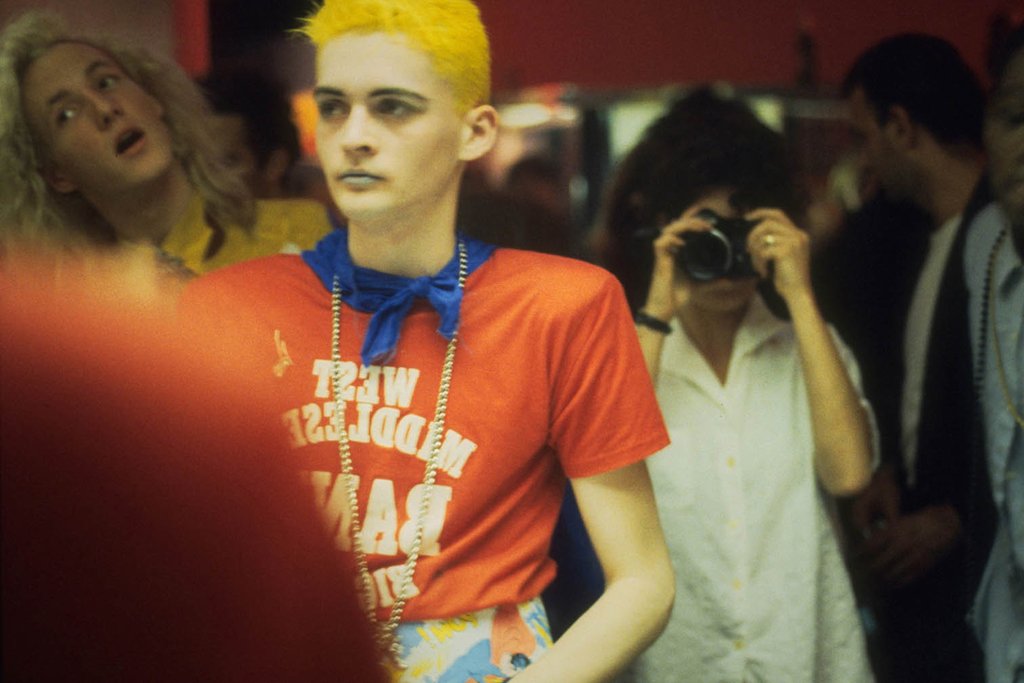
Area, New York City 1989

Saint James Church, Medjugorje, Bosnia 2002
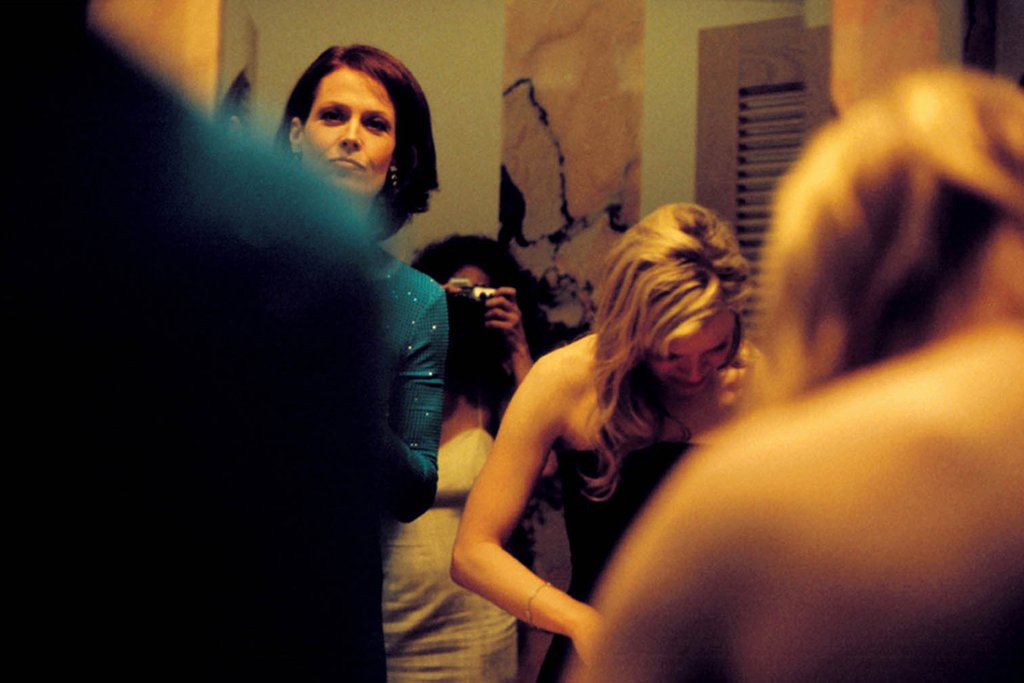
Golden Globe Awards, Los Angeles 2000
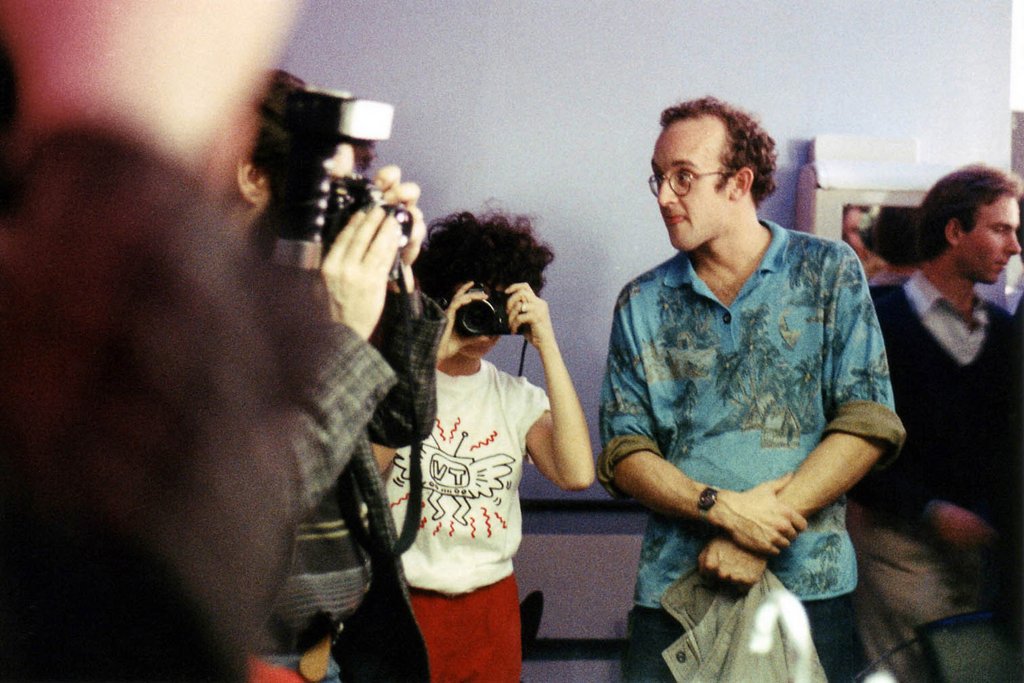
Area, New York City 1989

Sexuality Conference, Nokia Theater, New York City 2009
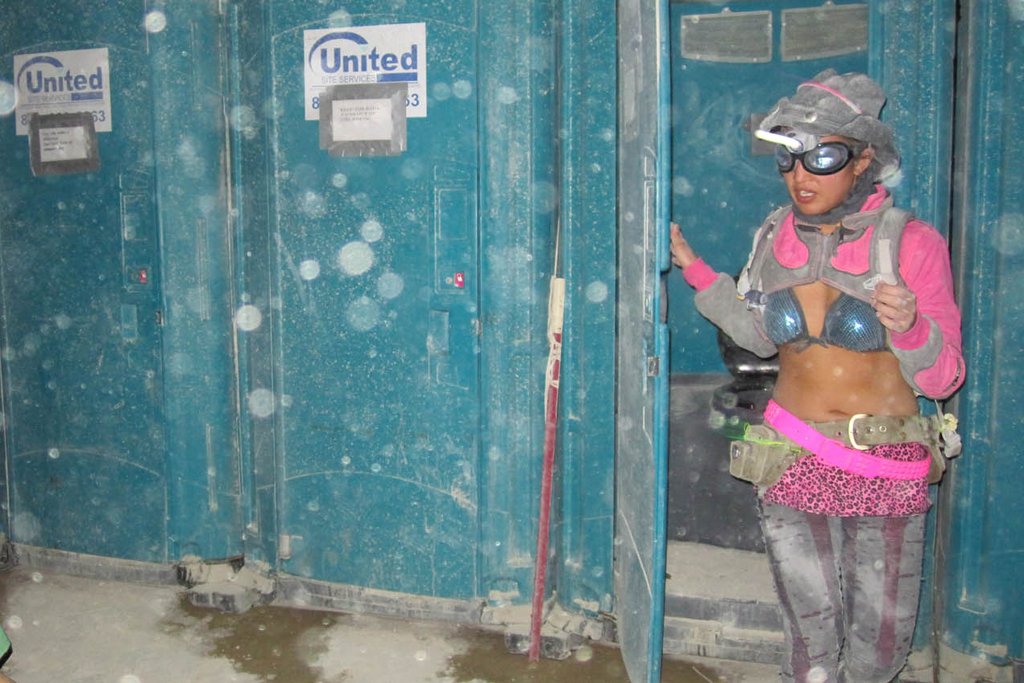
Burning Man, Nevada's Black Rock Desert 2009
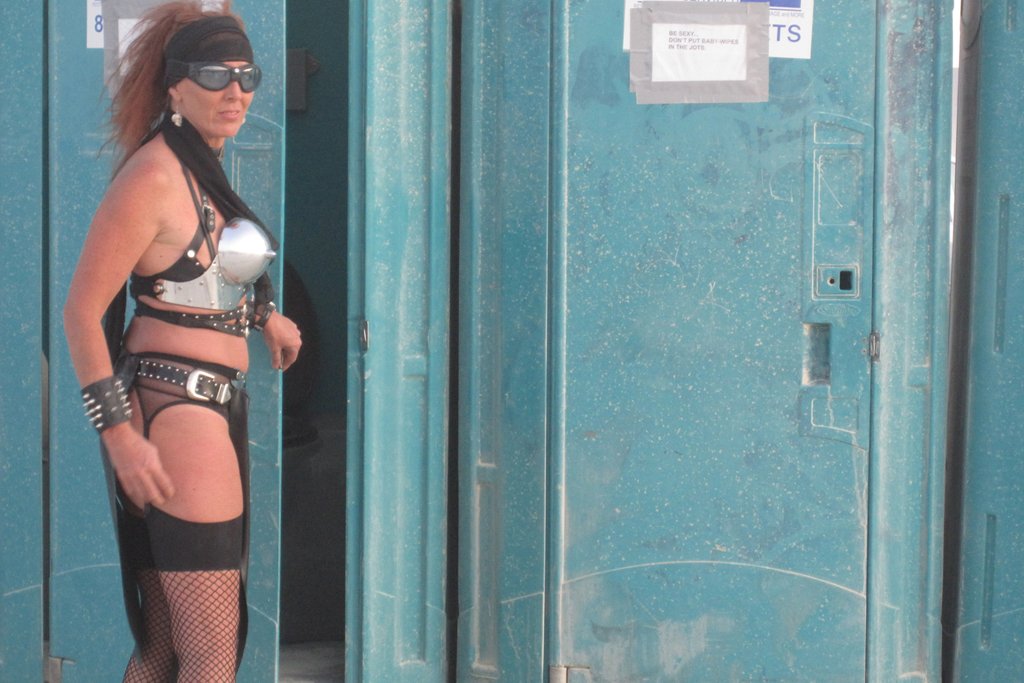
Burning Man, Nevada's Black Rock Desert 2009

Cannes Film Festival 1997

New Years Eve, New York City, 1986
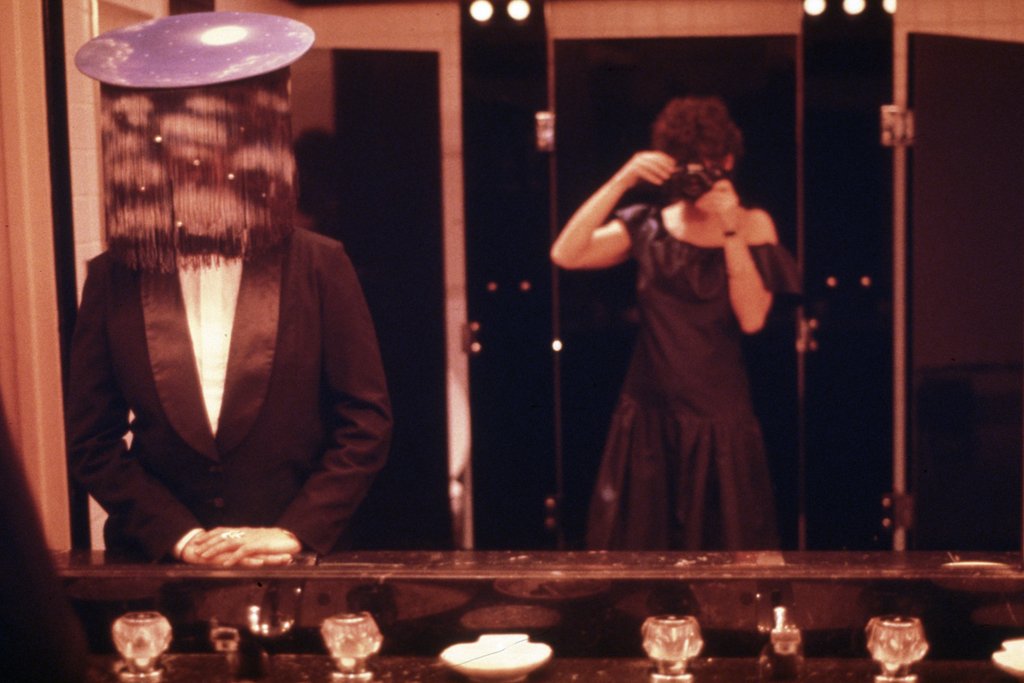
Purim Ball Waldorf Astoria, New York City 2003
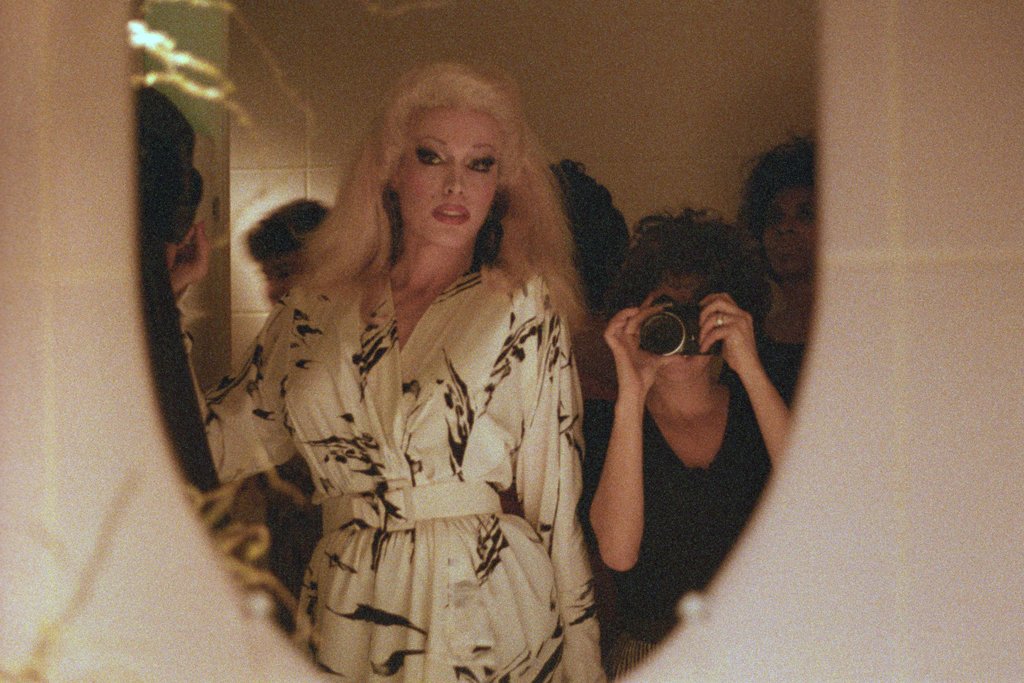
Danceteria, New York City 1985
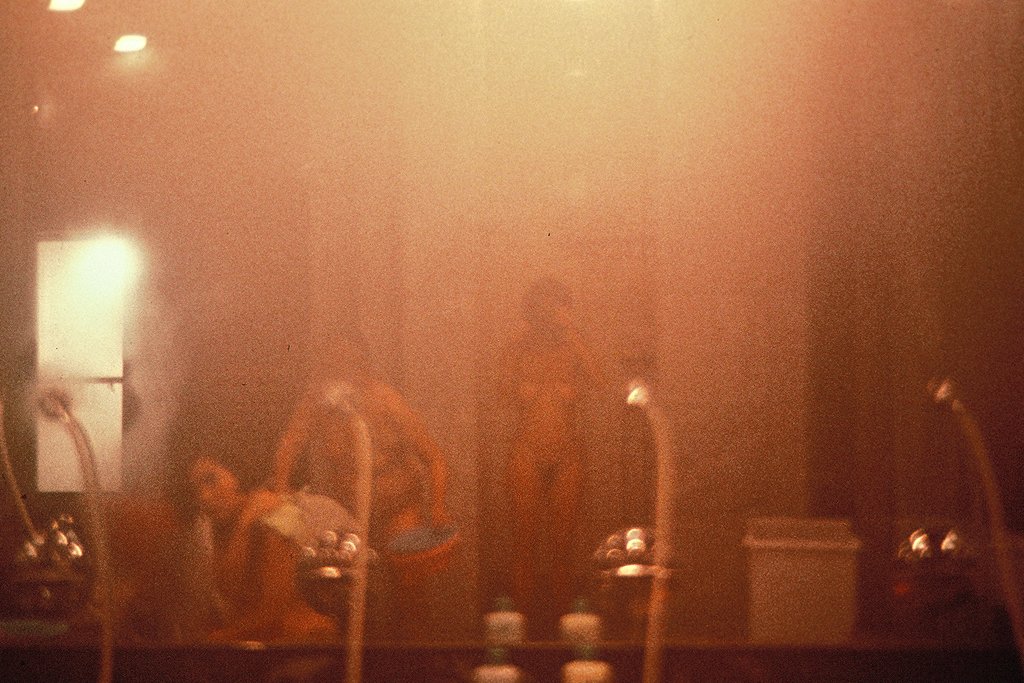
Beverly Hot Spring Los Angeles 1981
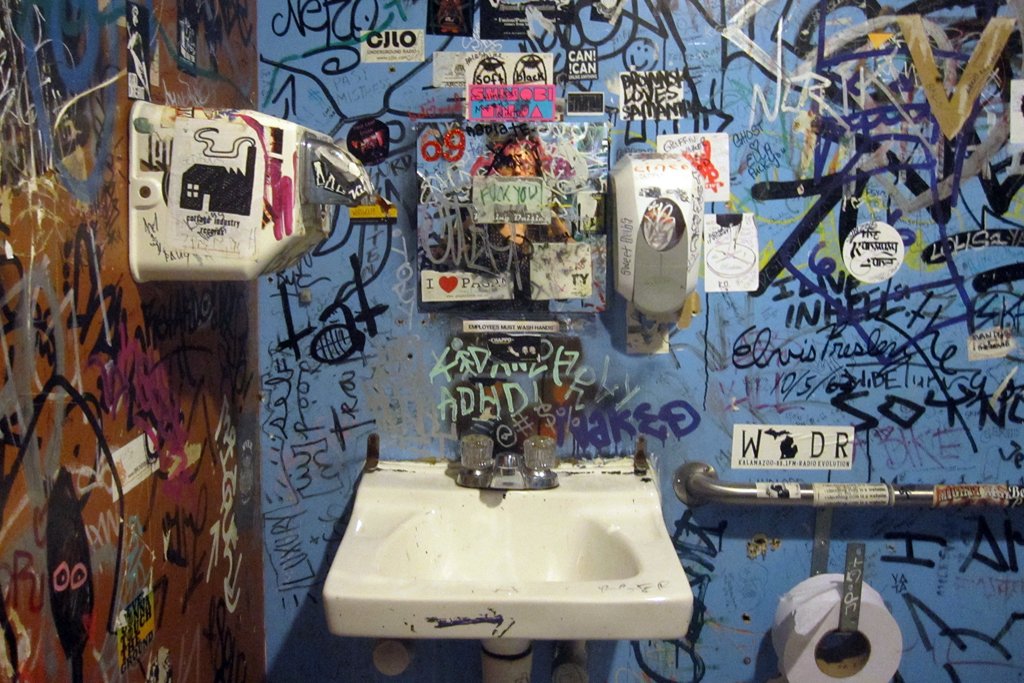
Cake Shop, Lower East Side, New York City 2010
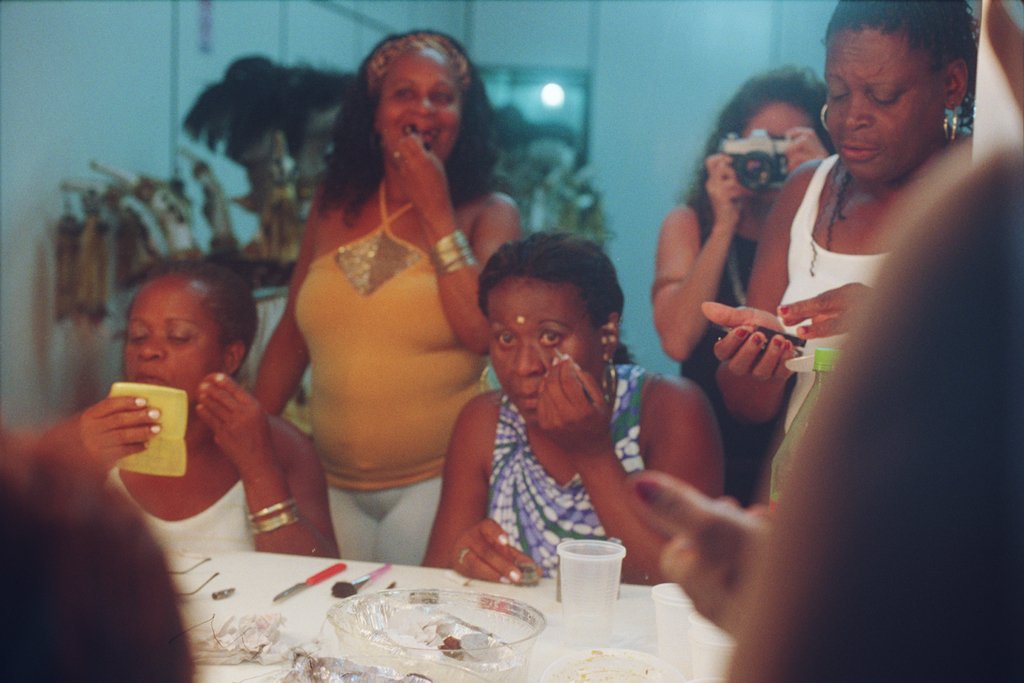
Cidade do Samba, Rio de Janeiro 2008

Radio City Music Hall, New York City 2007

Bus Terminal, Atlantic City, NJ 1983
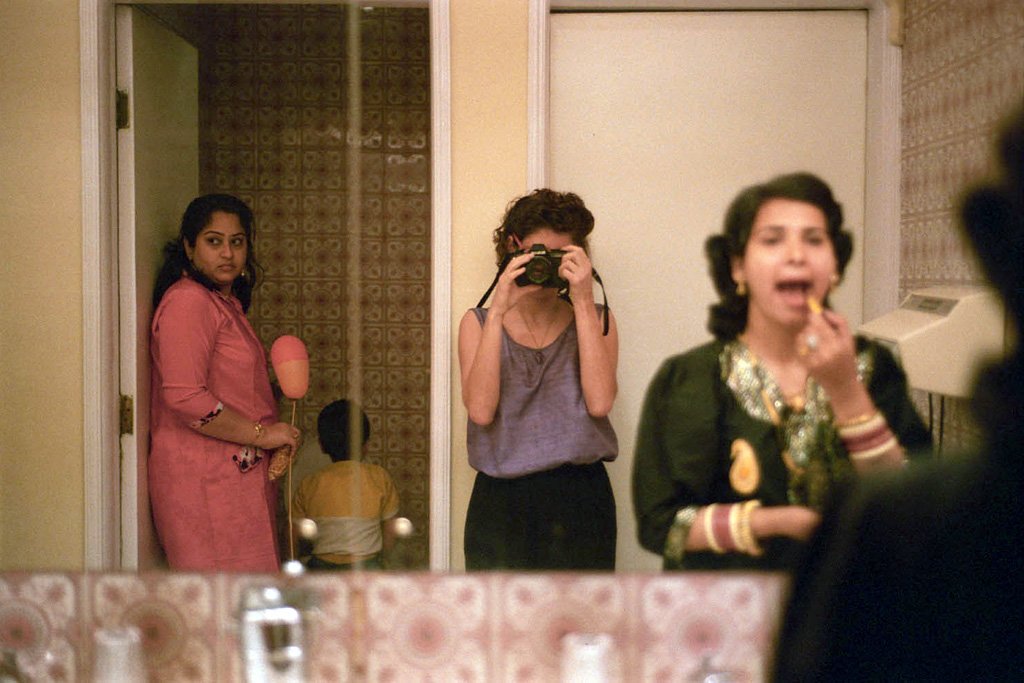
Hotel Ritz, Bombay, India 1988
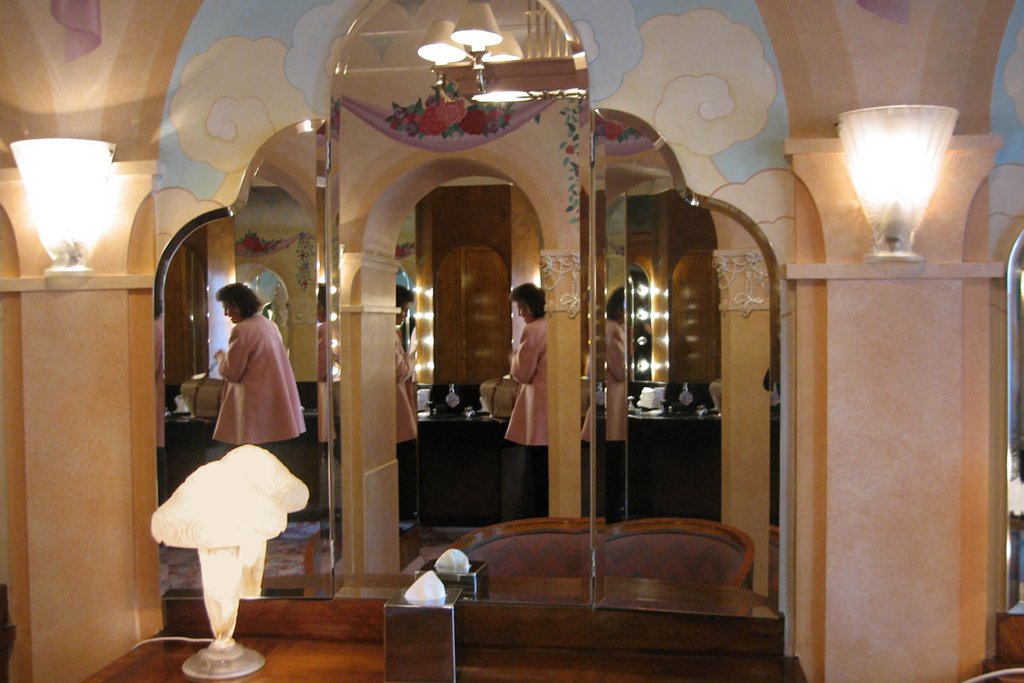
Claridge Hotel, London 2008

Valley of the Dawn, Brazil

New York State Thruway 1978
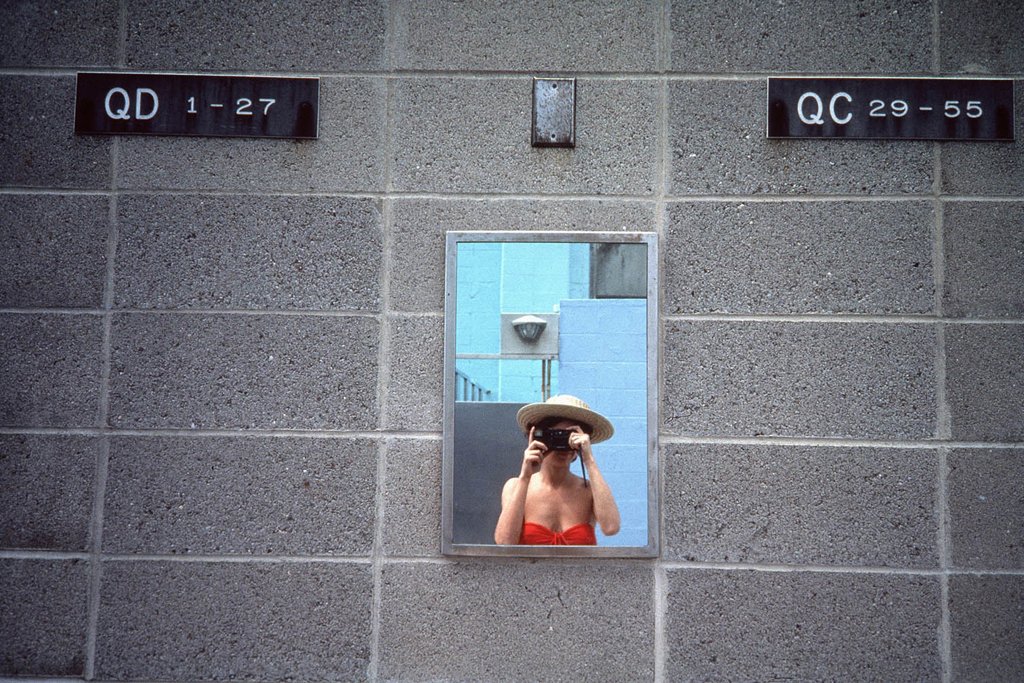
Jones Beach, New York 1988
As Maxi Cohen grew up, bathrooms were her favorite hiding place, and the one sanctuary of solitude in an otherwise densely populated world. In the ladies room, she was always lecturing herself into some courageous act, rehearsing how to be spontaneous, or just disappearing from visibility. In 1978, Cohen was at the Miami Film Festival with her first feature-length documentary, Joe and Maxi, a film about her relationship with her father. To escape the boring awards dinner at the hotel ballroom, she retreated to the ladies room. Enchanted by the octogenarians adjusting their corsets and false eyelashes, she took a camera from her purse and photographed the camaraderie of their tribal dance within this temple of porcelain and silver. Thus began her journey photographing in ladies rooms around the world – from Australia to Zambia, Bombay to Bosnia, Rio to Tel Aviv.
Through her explorations of ladies rooms, Cohen began to consider important questions. What we normally know about the world is learned through the words and actions of men. But what if the silence of women, whose perceptions are often different, was broken and we began to see what is hidden within? This was the impetus for filming in ladies rooms around the world.
In the 1990s, she entered an Aboriginal bar in the Australian outback. A pair of women signaled her, the only Caucasian, to sit with them. Fearing the men might overhear, they dragged Cohen into the ladies room to tell her about the incest and rape of young girls and boys in the community. That was the first video she shot in a ladies room. It would be followed by many more in local languages and various styles, capturing vulnerable moments and intimate confessions on issues ranging from sex to adultery, power to abuse, fashion to fame, social outcry to celebratory expression, and horror to delight.
